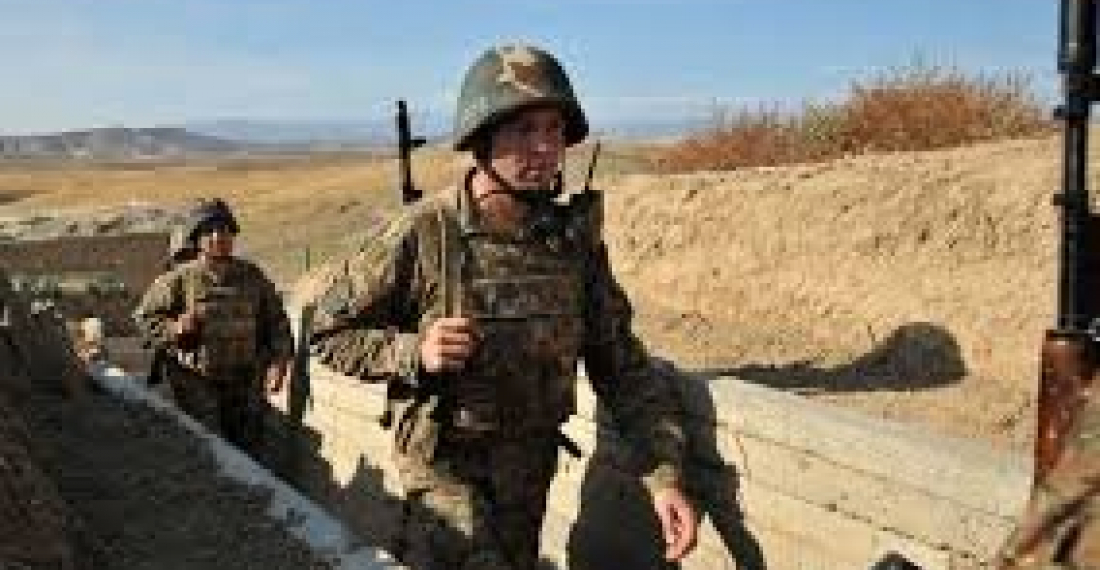Only months after the most serious bout of fighting in the disputed territory of Nagorno-Karabakh in several years, several cease fire violations over the last days once again left a number of casualties. Early Friday morning, an Armenian solider of the self-declared Nagorno-Karabakh Republic (NKR) stationed on the line of contact sustained a gunshot wound, after a night during which, according to the NKR's defence ministry, Azeri forces fired over 1800 small arms rounds and grenades at secessionist positions. The Azerbaijani action follows the earlier death of a soldier, Sahil Mammadov, during Armenian shelling of Azeri positions on the evening of October 5th.
Similar hostilities broke out further north, away from the Karabakh conflict zone, in Noyemberyan district, along the Armenia-Azerbaijan border. Azeri authorities accused Armenian forces of 20 ceasefire violations overnight, a charge Stepanakert denied, claiming that 'units of the [NKR] Defense [sic] Army never act as an aggressor'. Karabakhi authorities specifically denied, as Baku had alleged, that local forces had used mortars to bombard Azerbaijani positions, while reminding 'the Azerbaijani side to remember ... its international obligations to observe the ceasefire'.
This latest bout of fighting comes amidst diplomatic jostling for position on either side of the Karabakh conflict. Yerevan recently acquired Russian Iskander missile systems, escalating tensions in the area, Jamestown Foundation president Glen Howard remarking at a Baku conference that the Armenia's receipt of this state-of-the-art weaponry 'could lead to a new arms race in the South Caucasus'.
Meanwhile, as tensions on the line of contact exploded into violence, US Secretary of State John Kerry drew a sharp rebuke for his recent remarks on the Nagorno-Karabakh issue, that peace remains elusive because local leaders 'are not ready for it'. This morning, Baku rebutted America's top diplomat, suggesting that Armenia was to blame for conflict resolution attempts having made 'no progress so far', singling out Yerevan's intransigence on the Armenian-occupied territories around Nagorno-Karabakh.
source:commonspace.eu with agencies






